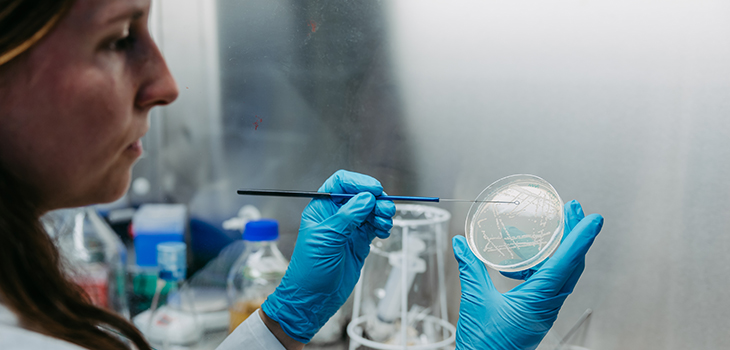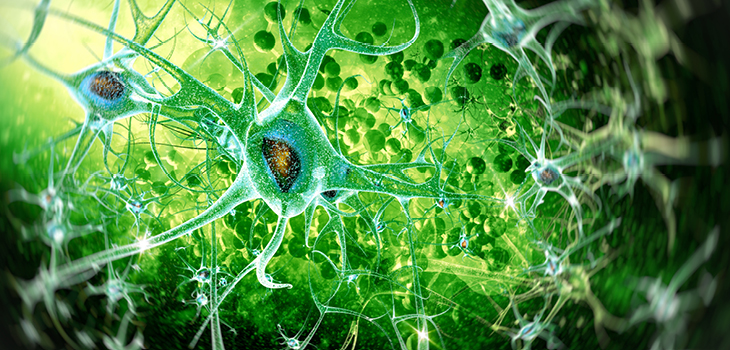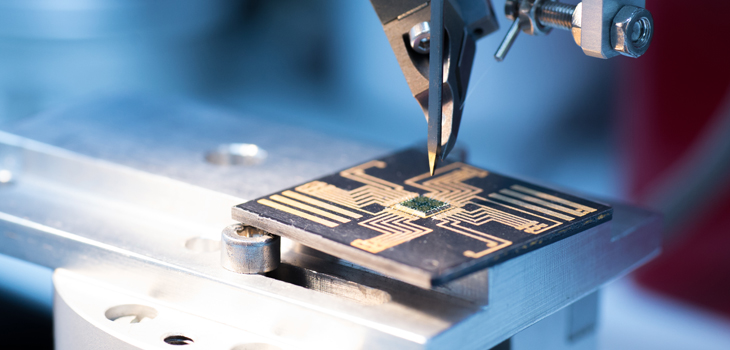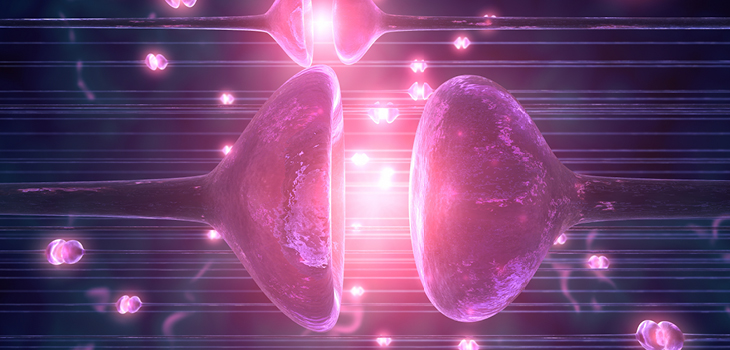CRCs & Research Groups
The German Research Foundation (DFG) funds scientific research institutions in the universities, in which researchers work together on an interdisciplinary basis and in scientifically excellent research programmes for up to twelve years.












